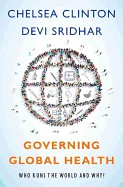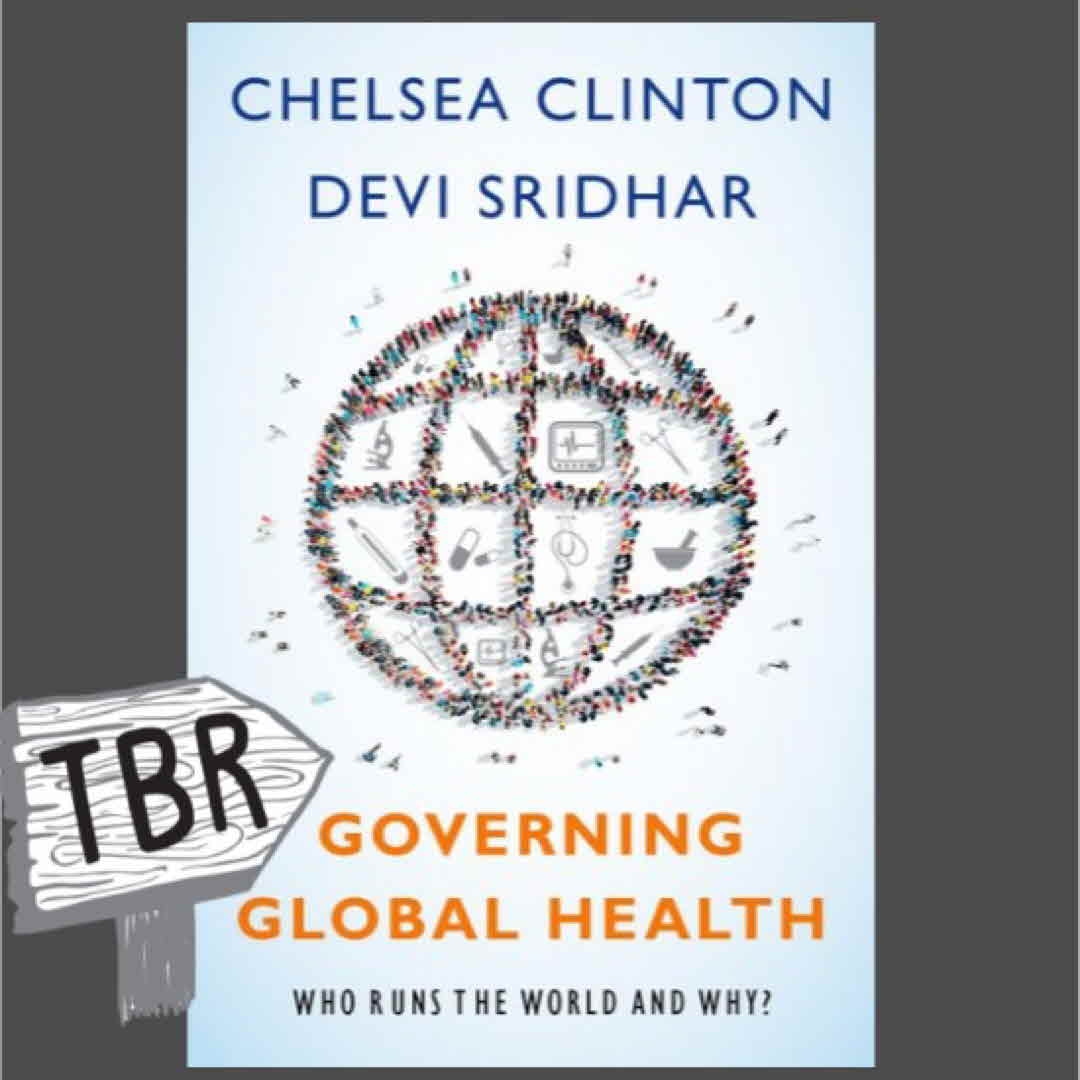I'm sure this book is full of useful information, but it reads like a dry textbook and, despite my interest in both international relations and public health, I can't get past the first chapter. In all fairness to the authors, I believe this is actually meant to be used as a textbook. Maybe I'll return to it at some point.




















